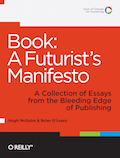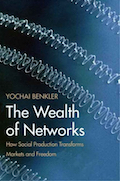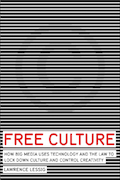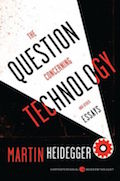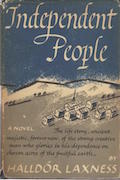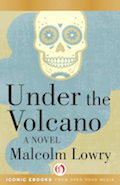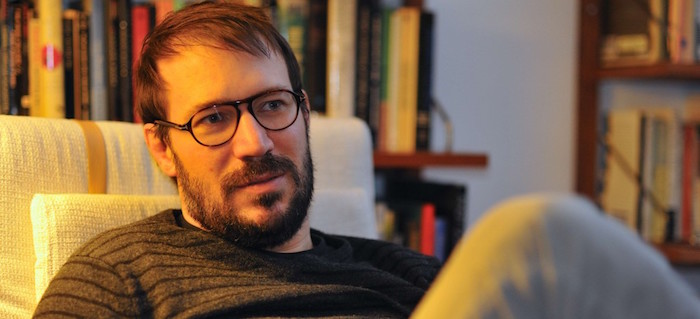
Who are you, and what do you do?
At one point I used to say: "I do research and development at the intersection of books and the web." I think I would call myself a literary technologist. I've spent the last decade at hacking around book culture and the web, building technologies and communities that bridge the world of the web with the world of books. Most recently I am the founder of Pressbooks.com, which is a on online tool that helps anyone create a well-designed books for print, and ebook distribution. I'm the founder of LibriVox.org, a volunteer community that has built the largest library of free, public domain audiobooks in the world, and I am the co-editor, with Brian O'Leary, of, "Book: A Futurist's Manifesto – Essays from the bleeding edge of publishing." I live in and work in Montreal, Canada.
What books have influenced you the most?
I wonder how to interpret this notion of influenced. I guess the nonfiction books are the "easiest" to identify, the ones that most deeply affected the choices I have made with my professional life. The three I would pick out are:
Wealth of Networks, by Yochai Benkler, which is I guess a bible for thinking about new models of collaboration enabled by online technology.
Free Culture, by Lawrence Lessig was another very important influence in the creation of LibriVox particularly. It continues to shape how I think about creation, especially the notion that we are always building on others' work, and that systems that clamp down on this impulse to build on the things we love is bound to reduce, not increase, our innovation and artistic output in the long run.
Finally, Heidegger's "The Question Concerning Technology" is a piece I go back to constantly, one that suggests that there is an inherent danger for humanness in the relentless push of technology that makes things more efficient; and that the "solution" to this problem might be thinking of ways that technology can help people create things themselves – that the act of creation is a kind of way to save ourselves from being just cogs in a big machine.
For fiction, I would choose Independent People, by Halldór Laxness, which is one of the wisest books I have read;
and Under the Volcano, by Malcolm Lowry, a grim and beautiful book about, as Lowry told his publisher, "hellfire," that touched me for reasons I cannot quite fathom.
What book would you like to write?
Well, I am planning to expand my article "Why can't we read anymore?" into a book, so I'd best choose that. I'd like to focus on this idea of books being a kind of antidote to this predicament I find myself in, of constant digital distraction, and explore how the technologies we use have different agendas from what we might want. The nice thing about the technology of the book is that it didn't have an agenda – whereas an iPhone, or Facebook certainly have an agenda beyond its face-value utility.
I'd also like to write a Booker Prize-winning novel about sex, God, and plate tectonics, but I suspect I won't get around to that one.
